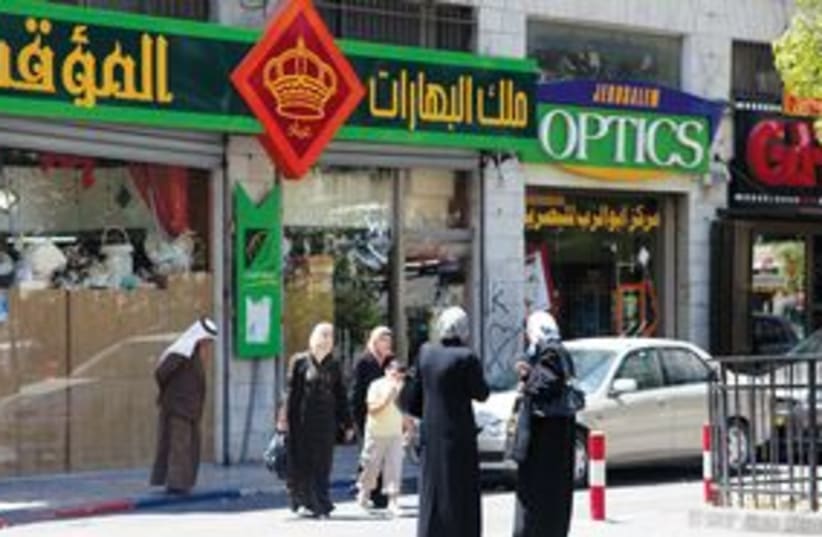The writer is the director of International Relations & Advocacy at Ir Amim (“City of Nations”).
A city divided
Israel cannot expect its assertion that Jerusalem is a unified city to be taken seriously when it continues to redefine its boundaries.

The writer is the director of International Relations & Advocacy at Ir Amim (“City of Nations”).